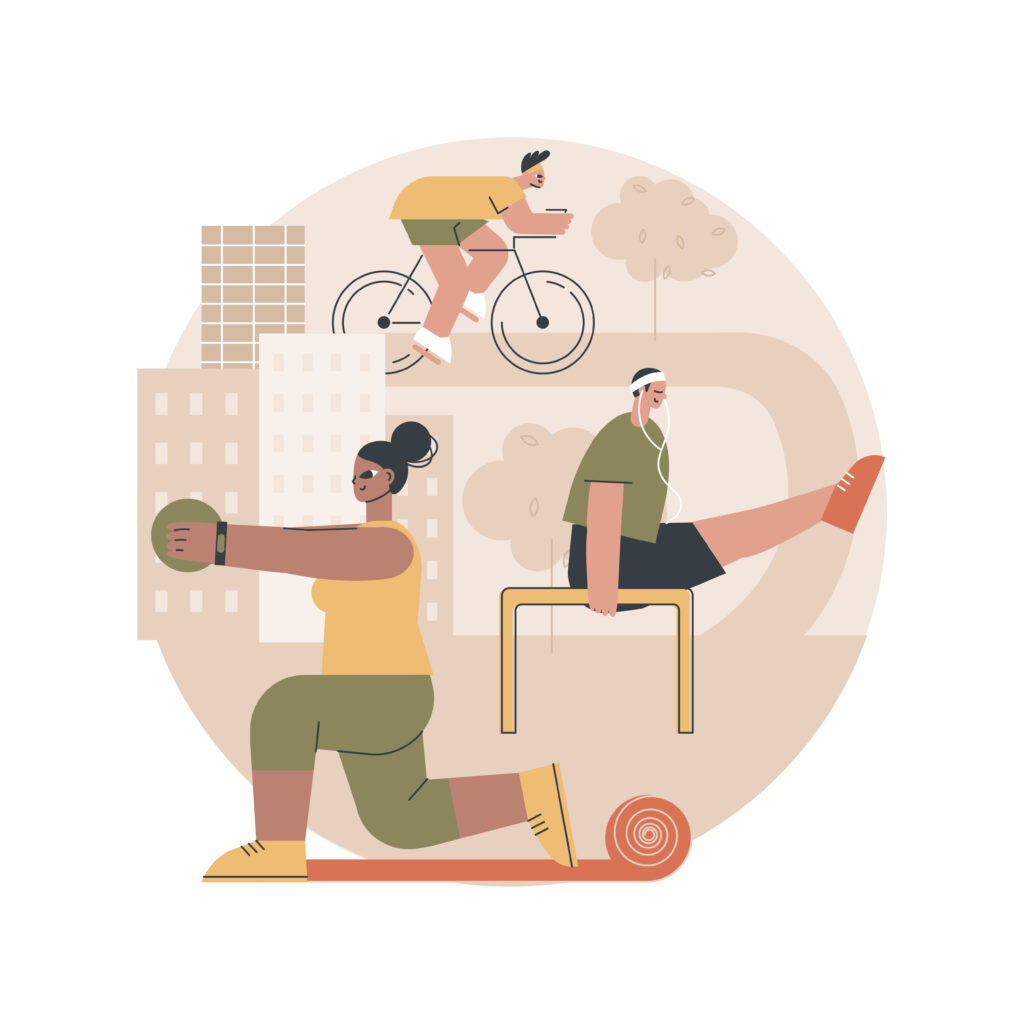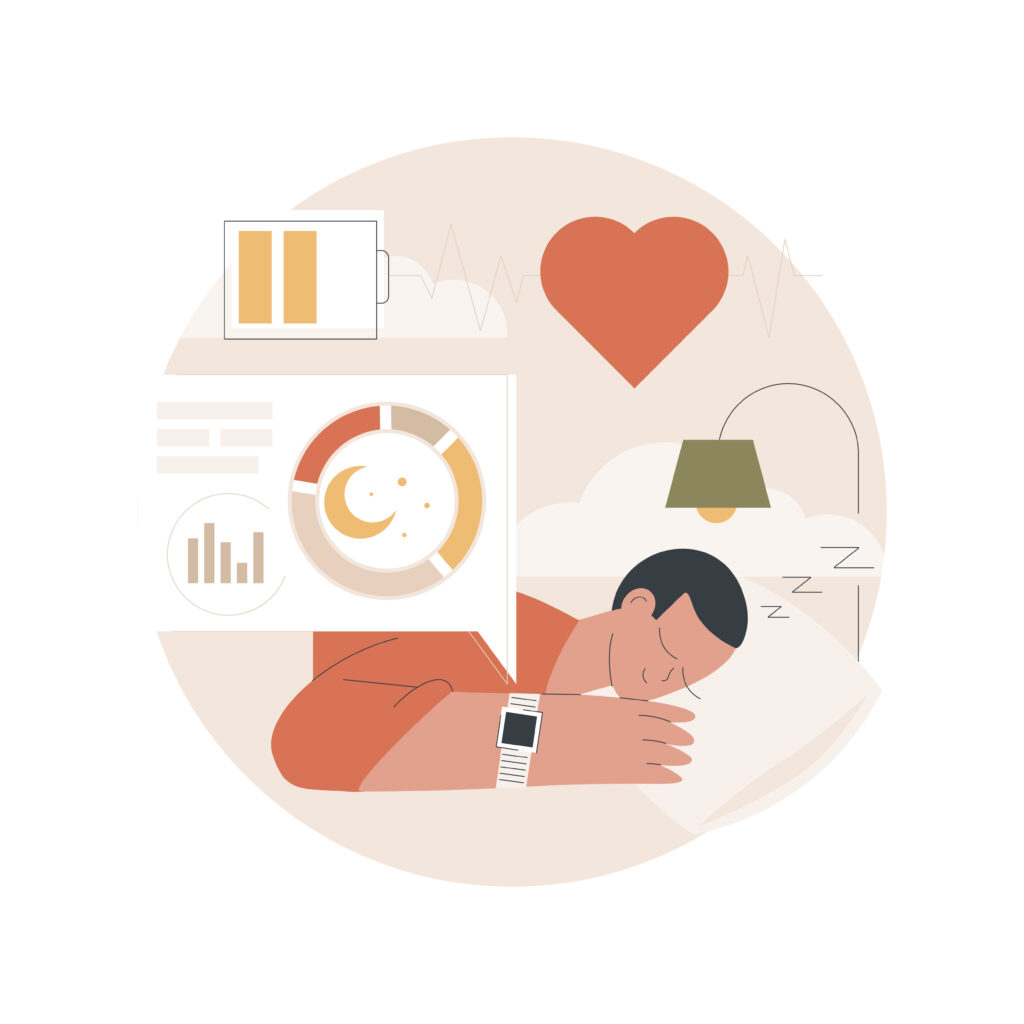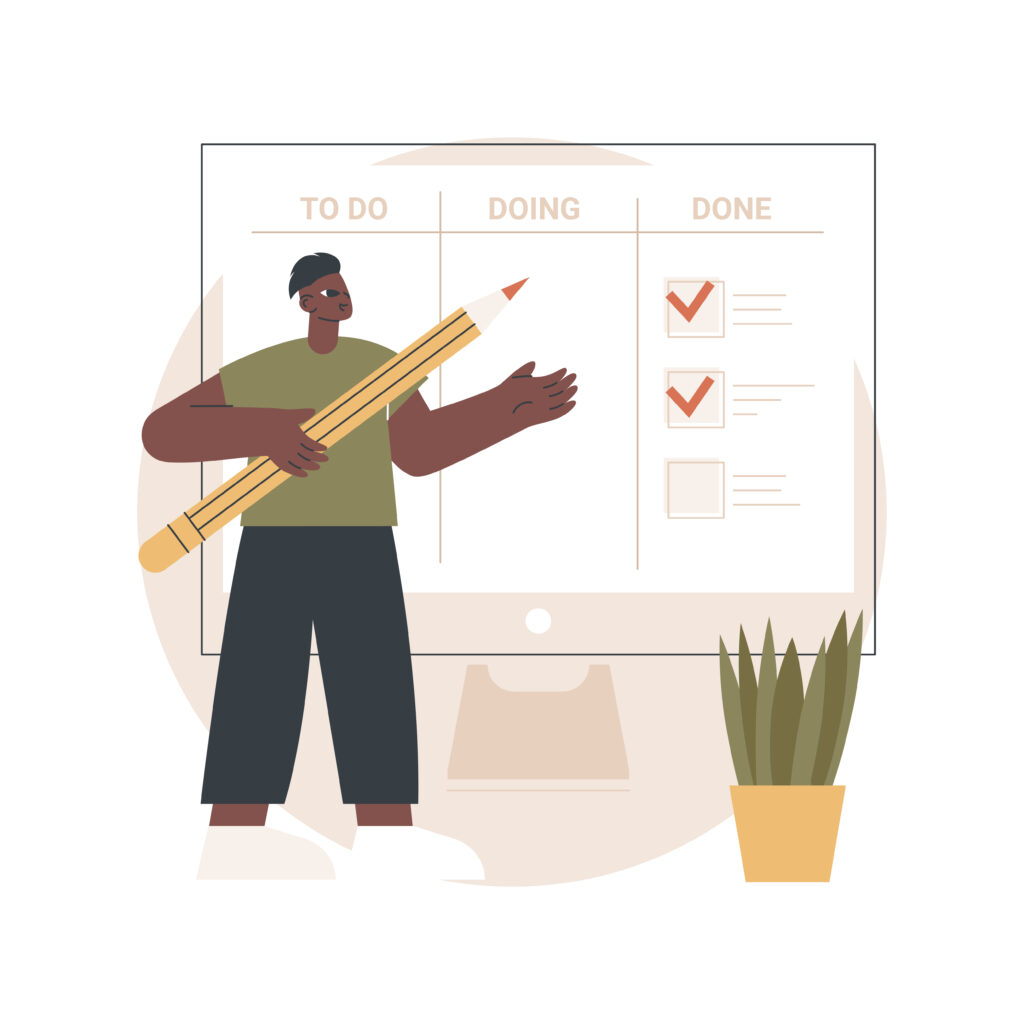In light of this years Mental Health Awareness Week, we’re sharing some of our favourite wellbeing tips to help manage & improve your mental health.
Mental Health Awareness Week is devoted to raising awareness and understanding of the modern-day mental health epidemic. As mental health awareness becomes increasingly important in our society, we think our mental health should be a priority wherever we are, and that includes the workplace. View our favourite wellbeing tips below:
Take time for yourself and your hobbies
Hobbies can help you gain a sense of work-life balance, plus, doing something you enjoy is a great way to de-stress and take care of your mental health.
Making time for your hobbies or learning a new skill can improve your mood, take your mind off things that are worrying you and help increase your motivation. Learning something new is also a great way to keep your brain healthy!
So whether it’s cooking, learning a new language or a bit of gardening and DIY, making time for YOU is guaranteed to improve your mood!
Mind have some great ideas here.

Establish work-life balance
Getting your work-life balance right will help manage your stress-levels and emotional wellbeing.
Ensure you’re taking regular breaks throughout your working day and make sure some of these are away from screens. A quick walk outside is a great way to break up the day, soak up some daylight and stretch your legs.
Establishing boundaries can create a better work-life balance if you find getting away from tech hard to do. Set times for work hours, or make rules such as not reading emails after 5pm.
Learn about DfT’s flexible working here.

Get moving & build healthy habits
Your physical health is just as important as your mental health, and they contribute towards each other.
Physical activity can help reduce nervous energy and help you sleep better. It also improves your mood and increases self-esteem. Find a form of exercise you enjoy and make sure you get some fresh air – even if it’s only a 15 minute walk, it will make a big difference.
Your diet also plays a large part in your wellbeing. Drinking enough water is important for your mental and physical health. Eating well can reduce mood swings and improve your ability to focus. Not only that, but your brain needs amino acids (found in protein-rich foods) to produce chemicals that help regulate thoughts and feelings.
Read more about how food impacts mental health here.

Sleep well
There’s a close relationship between sleep and mental health. Living with a mental health problem can affect how well you sleep, and poor sleep can have a negative impact on your mental health.
To improve your sleep, try some of the following:
- Get plenty of daylight during the day and avoid using screens before you go to sleep.
- Exercise and eat healthily, try to avoid caffeine and alcohol in the evening.
- Use black-out curtains or blinds to block out light, or use a nightlight/bedside lamp if you struggle to sleep in darkness.
- Have a relaxing soak in the bath before bed or try listening to soothing music.
- Adjust the room temperature to suit you.
Keeping a sleep diary is a great way to record what works and what doesn’t. Try recording information about your sleep habits to help you understand what’s affecting your sleep.
Find top tips for sleeping well here.

Stay connected
Connecting with others can help us have a greater sense of belonging and reduce feelings of loneliness.
Good relationships are important for your emotional wellbeing. Spending more time with your friends or family, making new connections, or just having lunch with a colleague will improve your mood and your mental health.
If you’re finding things hard, opening up to a trusted friend, family member or peer can help you feel listened to and supported.
Online community support groups, such as Mind’s Side by Side, are a great place to start.

Plan your day and celebrate your efforts
Setting goals and expectations for the day can help you manage your time and know what’s expected of you – unclear requirements can be stressful.
Some find the ‘chunking’ method beneficial over multi-tasking as this allows you to focus on one task for a set period of time, rather than trying to focus on multiple things at once. Try blocking out time in your day to focus on individual tasks.
Don’t forget to reward yourself for your efforts, no matter how small. Try to avoid perfectionism and focus on your progress instead.
Discover how small successes can be a big deal here.

How to help and how to be helped
If you suspect someone is struggling with their mental health, there are lots of things you can do to support them. You could help share the load by helping with tasks, suggest doing an activity together or offer your time to listen. More advice can be found here.
Seeking help is often the first step towards getting and staying well, but it can be hard to know how to start or where to turn to. It’s common to feel unsure, and to wonder whether you should try to handle things on your own. Remember, it’s always ok to ask for help – even if you’re not sure you are experiencing a specific mental health problem.

Mental Health Helplines and Resources
Need more information or support? Below is a list of mental health and wellbeing resources for information, advice and support.
NHS – advice, self-help and services
Mind Infoline – information and support
- call: 0300 123 3393 – open: 9am to 6pm, Monday to Friday, except bank holidays
- text: 86463
- email: [email protected]
- web: www.mind.org.uk
Rethink Mental Illness – local groups and services
- call: 0300 5000 927 – open: 9.30am to 4pm, Monday to Friday
- e-mail: [email protected]
- webchat: www.rethink.org/about-us/our-mental-health-advice (10am – 1pm Monday to Friday except for bank holidays)
- web: www.rethink.org
Samaritans – for everyone
- call: 116 123 – open: 24 hours
- email: [email protected]
- web: www.samaritans.org
Shout – free, confidential text support
- text: Text SHOUT to 85258 – open: 24/7
- web: www.giveusashout.org
Support you can get as a Department for Transport employee
From coaching to tailored well-being support, DfT’s award-winning staff networks understand what makes a difference, and have the power to achieve change.
Our staff networks provide a wide range of benefits that come from having a collective voice. They help to create a sense of community in the workplace and can also offer wellbeing support whenever you need it.
In DfT you’ll have access to the following:




